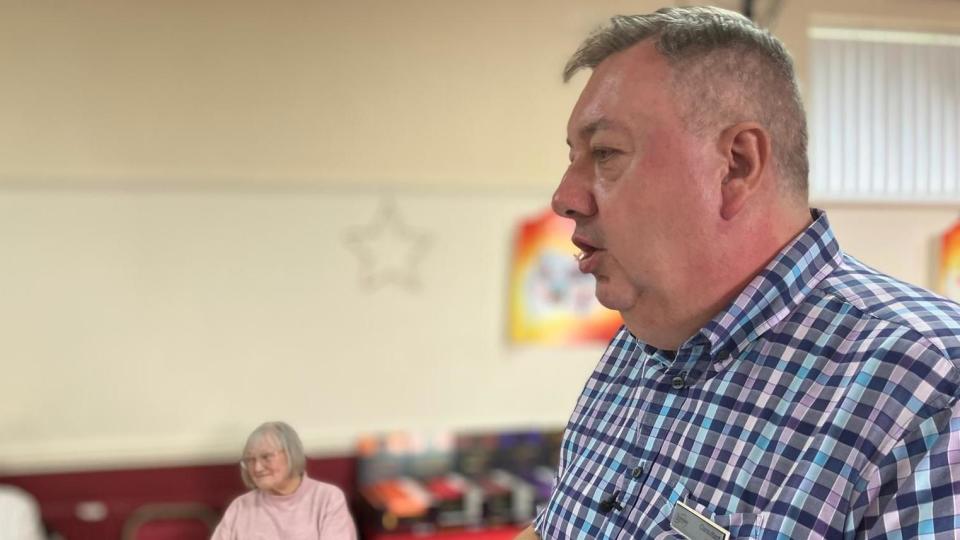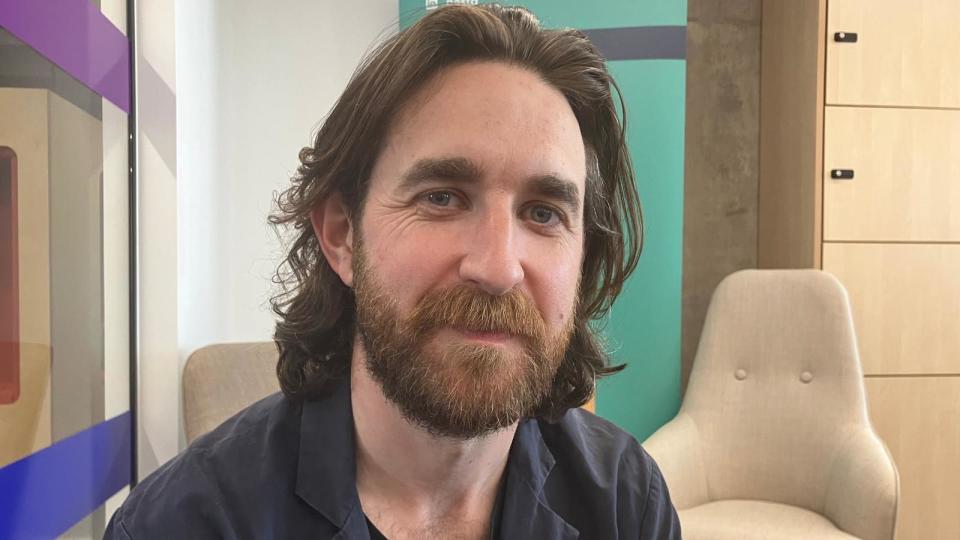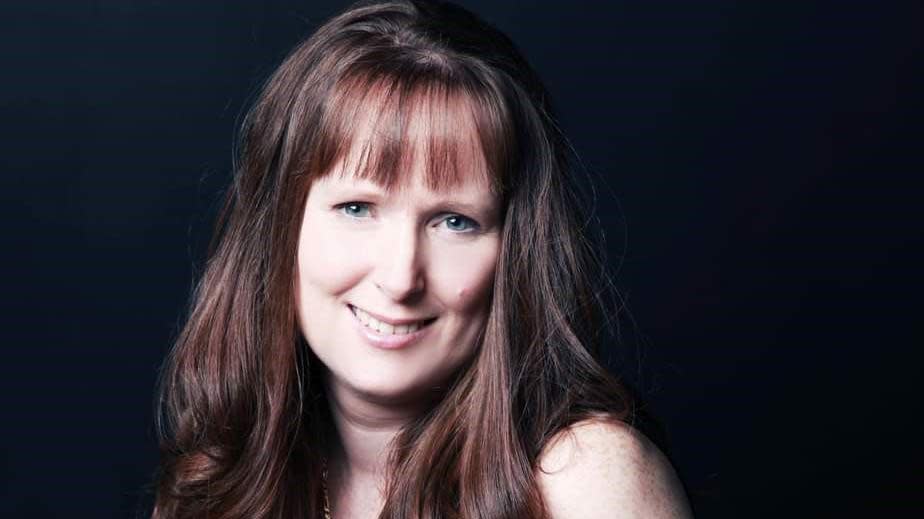Obesity in Wales worse than feared - researchers

Former policeman Wayne Thomas knows a thing or two about losing and gaining weight.
In 2011, he had major bowel and stomach surgery and shrank to 11st 7lbs (73kg).
As part of his recovery the 54-year-old, who lives in Carmarthenshire, was given high-calorie milkshakes, but kept piling on the pounds and reached 22st (140kg) at his heaviest.
Obesity rates have doubled in Wales since 1994 and new research suggests a third of adults are obese - way above the 26% stated in official statistics.
As well as being on the high-calorie shakes, Wayne was also taking steroids, making him even hungrier.
He said: "So they were feeding me up and I fed myself up too much. I was eating a lot more and eating the wrong things."
After retiring from the police and fearing for his future, the dad of two-year-old twin girls joined a slimming club and has now dropped to 16-and-a-half stone (104kg).
He now leads a Slimming World class in Cefneithin - putting to good use some of the skills he learned on the beat.
"You've got to stand in front of a group and there will be some hecklers.
"So it needs people who are caring, people who have a sense of humour, who can talk to people from all walks of life."
He said he found his new job "so rewarding" and had seen women in his class lose weight in order to have children and people going from not being able to walk up the stairs to "like whippets around the place".

According to official figures, 26% of adults in Wales are classed as obese, but the innovation charity Nesta says the true figure is 34%, the equivalent of an extra 200,000 people.
That would make Wales the nation with the highest obesity rate in the UK, compared to England (26%), Scotland (29%) and Northern Ireland (27%).
This would bring the adult obesity rate more in line with obesity rates among children which are based on measurements taken by professionals.
"This study really highlights the severity of obesity in Wales, and really does suggest more action is needed to address this," said Jonathan Bone, author of the research.
"We think the first minister needs to look into making tackling obesity a key focus, firstly through adjusting the official figures but also be developing innovative solutions."

According to Nesta, adult obesity rates in Wales, unlike the other nations, are calculated entirely from people measuring their own height and weight.
Studies suggest men tend to over-report their height and women tend to under-report their weight - leading to underestimation of someone's body mass index (BMI)
England and Scotland's are adjusted to take this into account and the figures for Northern Ireland are based on professional measurements.
Mr Bone said "it's not realistic to think our willpower has changed that much" over the past 30 years, but "we know the availability of unhealthy foods has become greater and portion sizes have become bigger".
The charity welcomed Welsh government policies such as the aim to restrict the price-promotion of foods high in fat, sugar and salt, but said "bolder action" was needed, such as health targets for major retailers.
Health Secretary Eluned Morgan said tackling obesity rates, which costs the NHS across the UK about £19bn a year, was one of her top three priorities.
"The truth is this system [the NHS] is unsustainable unless we tackle this issue - 60% of the population of Wales is overweight or obese.
"So this is a challenge for the entire population of Wales and I do hope we'll all take it seriously."

Dr Sue Kenneally, one of Wales' top obesity doctors, argues there is no simple answer.
"(There are) around 100 causes of weight gain and obesity and most are beyond the conscious control of most people.
"So it's not people's fault… it's more of a societal problem so just telling people to eat less and move more isn't all that helpful."
Dr Kenneally also argued it was too simplistic to focus too much on diets as many people regain weight after slimming.
If people are happy with their size, she argues that should also be respected.
"There are a lot of people in Wales and beyond who are living in a bigger body, living with extra weight and they don't want to lose weight, don't need to lose weight and neither should they.
"But I think for people for whom it is a problem - they need to have a lot more support than they currently get."

